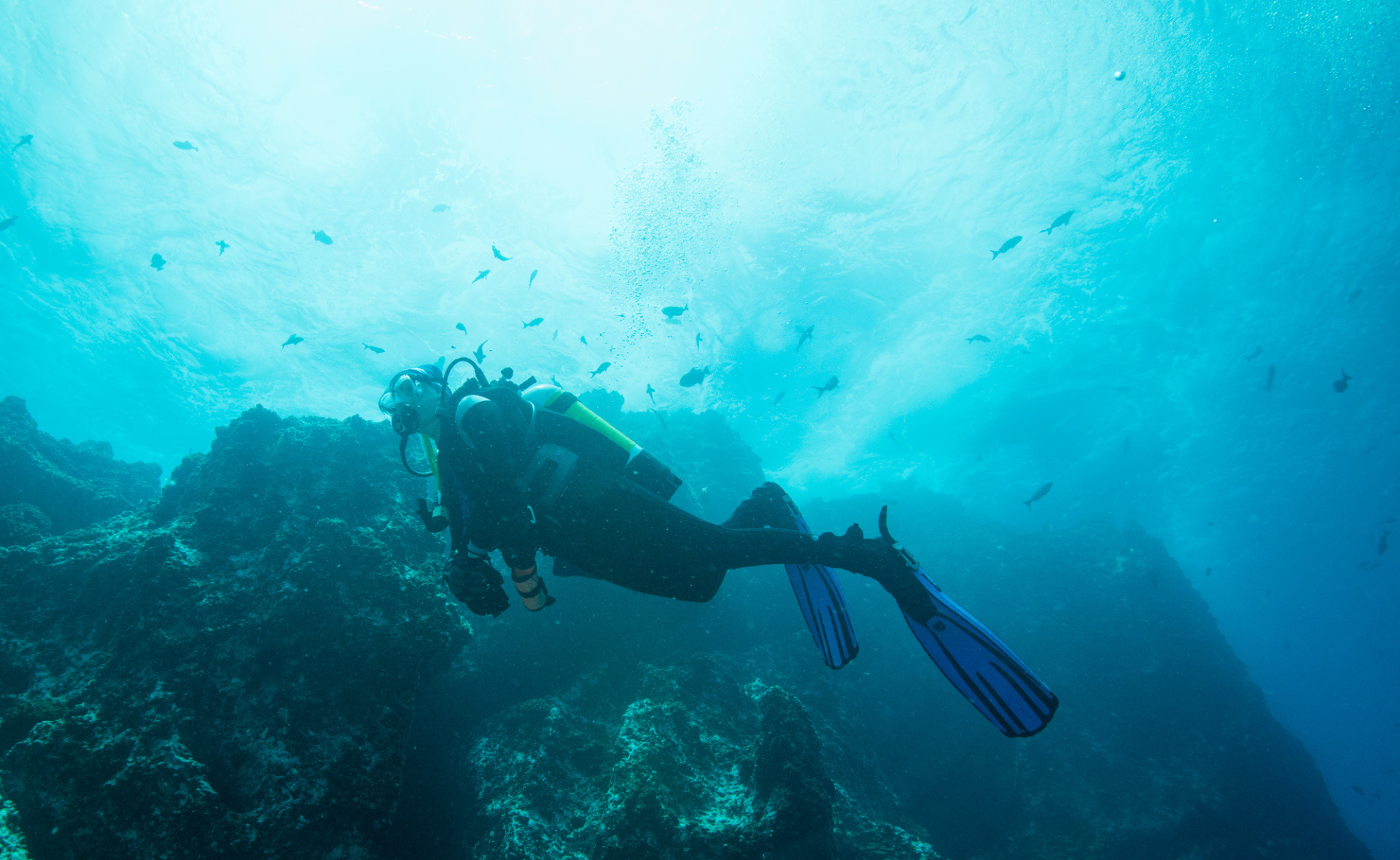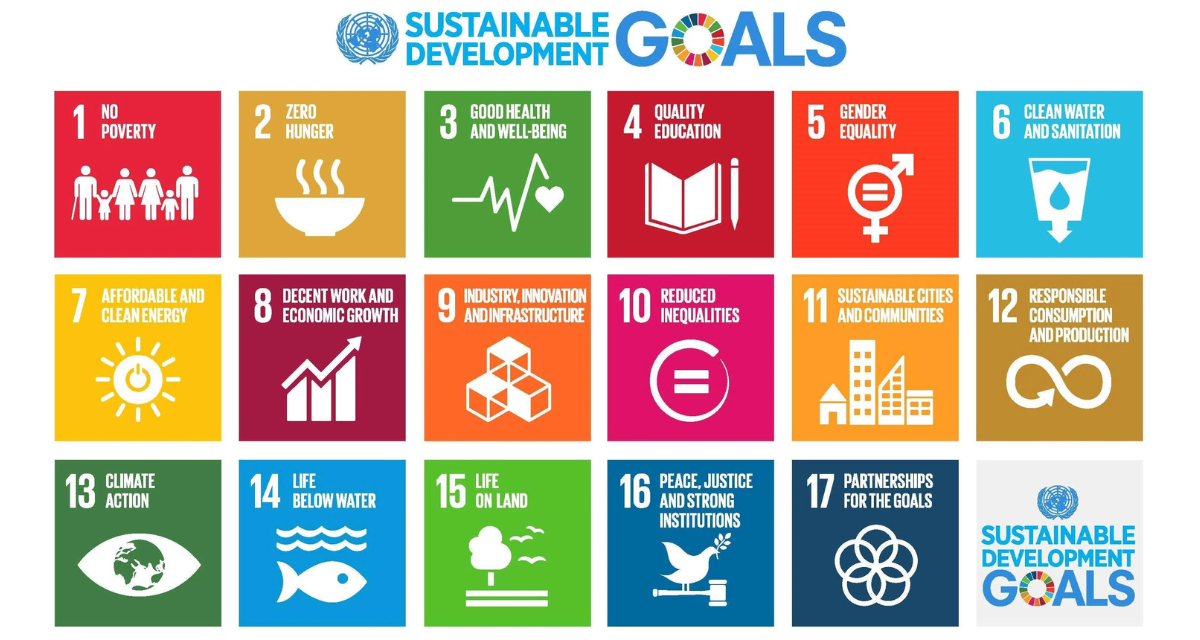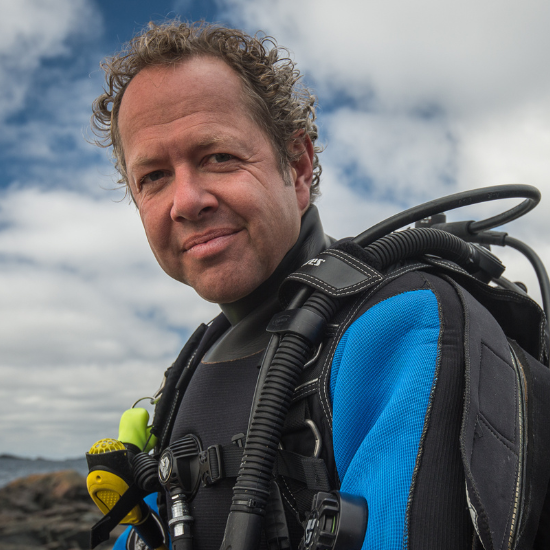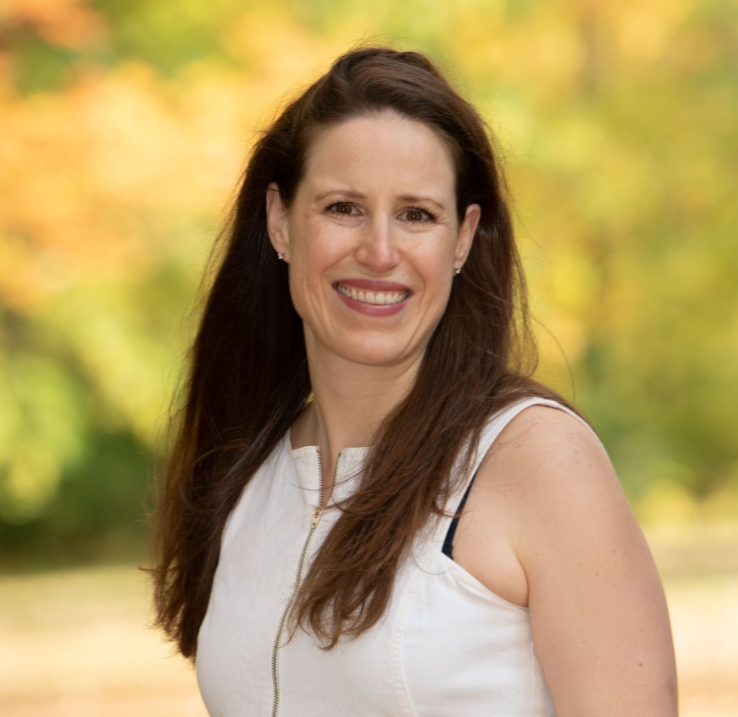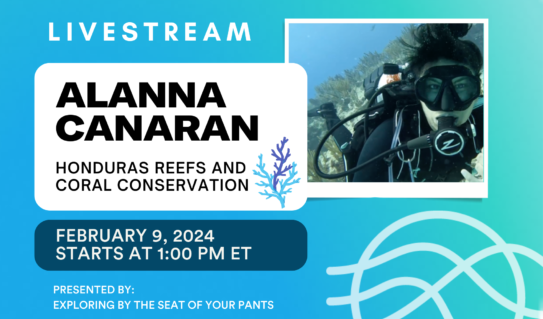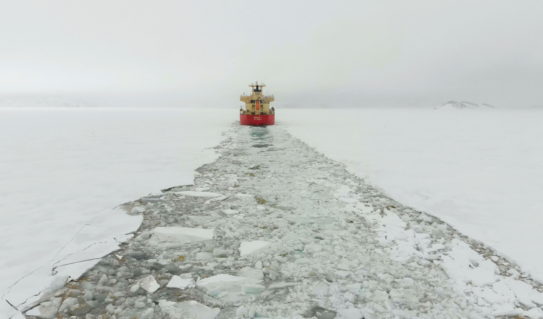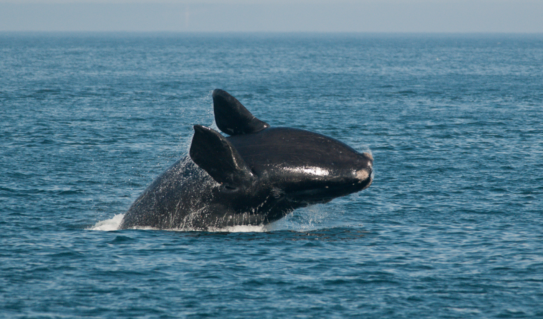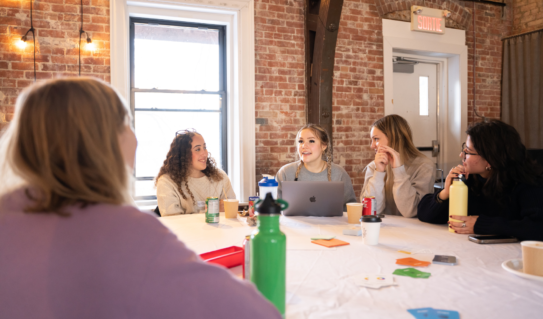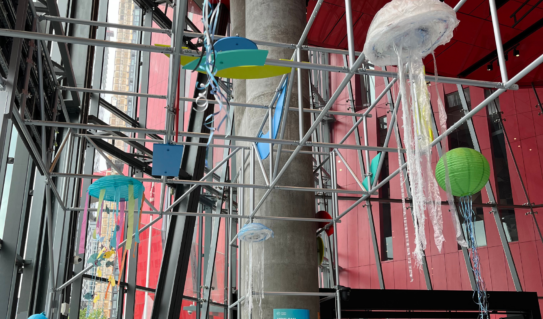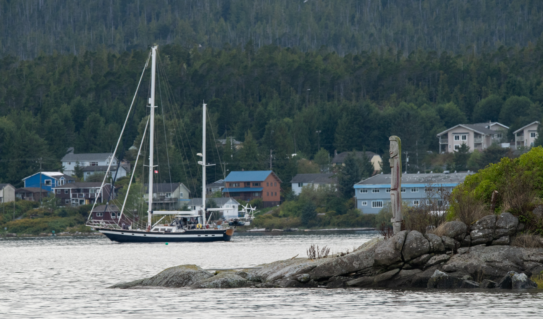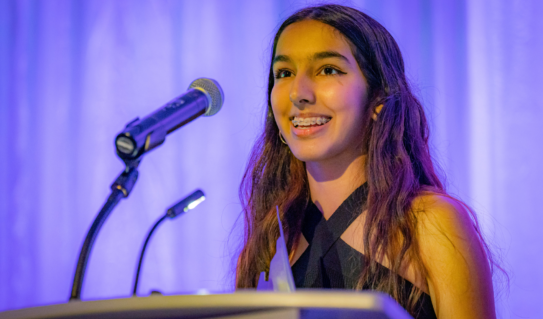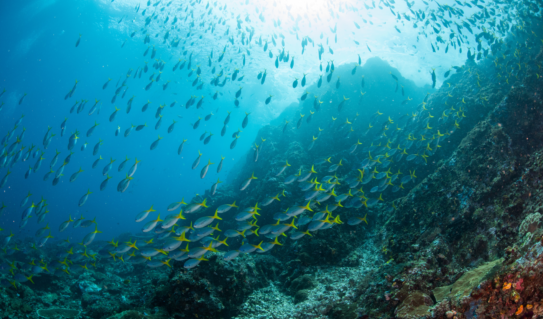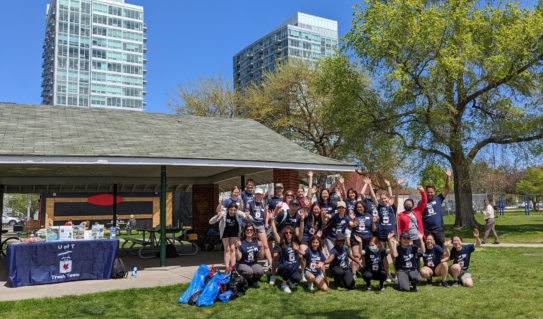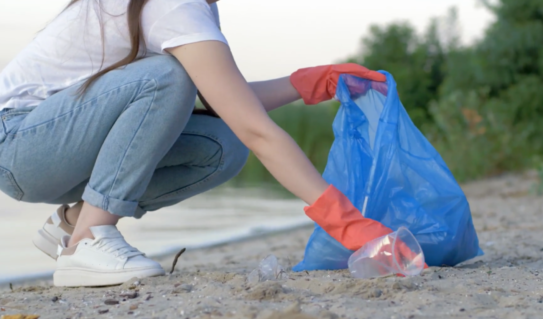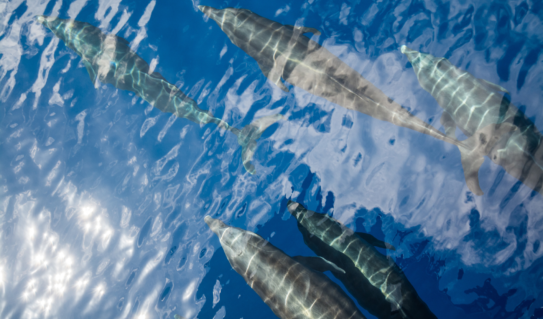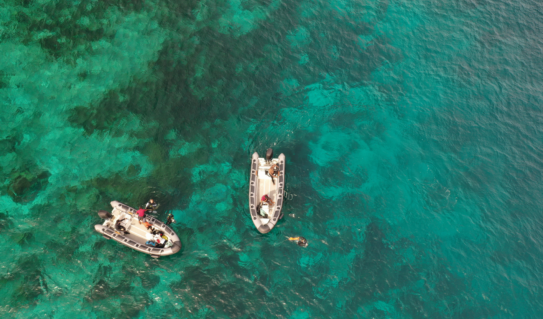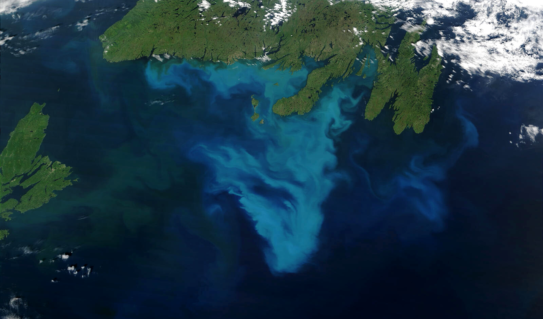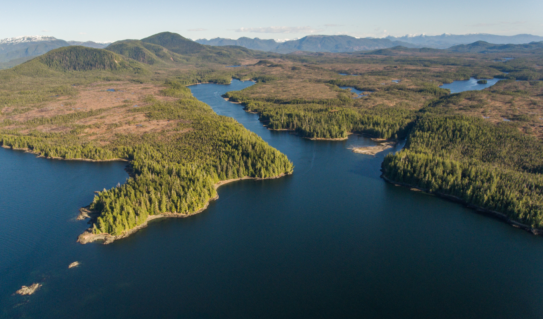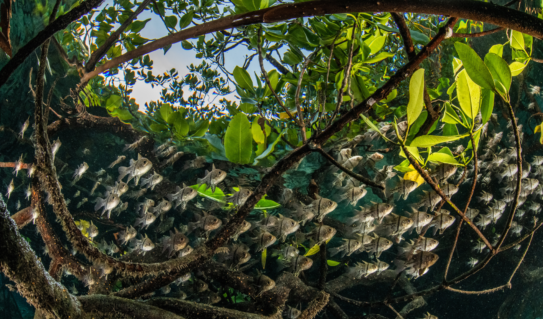It is in recognizing the key importance of the ocean in achieving the SDGs that the Ocean Decade was created.
A 2021 article describes its overarching goal: “to promote science-based ocean and coastal management, making healthy oceans one of the pillars of progress for all of humanity.”
The Ocean Decade is our opportunity to get right sustainably managing our ocean.
Central to the Ocean Decade is ocean research and science. Its slogan, The Science We Need for the Ocean We Want, gets at the connection between ocean data, which can be translated into information and then to knowledge, and the decisions we make about the ocean. Ocean research allows us to produce the knowledge we need to make decisions that can effectively protect the ocean and the people who depend on it, now and for future generations.
The Ocean Decade is anchored in the inclusion of all people across the globe, with a focus on youth, women, Indigenous people, and holders of local knowledge. It aims in particular to increase our capacity to do ocean research, helping more people from diverse backgrounds to participate in the field. Changes in capacity will be measured by periodic Global Ocean Science Reports which track the ‘who’ and ‘where’ of ocean research. The first report was released in 2020, and provides a baseline from which we can measure progress toward including more people with more perspectives in ocean science.
The Ocean Decade identified 10 challenges, to “unite partners around common ocean science priorities.” Meeting these challenges is meant to bring us to these seven outcomes:
A clean ocean where sources of pollution are identified and reduced or removed.
A healthy and resilient ocean where marine ecosystems are understood, protected, restored and managed.
A productive ocean supporting sustainable food supply and a sustainable ocean economy.
A predicted ocean where society understands and can respond to changing ocean conditions.
A safe ocean where life and livelihoods are protected from ocean-related hazards.
An accessible ocean with open and equitable access to data, information and technology and innovation.
An inspiring and engaging ocean where society understands and values the ocean in relation to human wellbeing and sustainable development.
To get to the ocean we want in 2030, organisations, groups, and individuals can put forward their initiatives to become recognised as a Decade Activity, a central mechanism for community building and synergy. In 2022, Ocean School became an endorsed Ocean Decade Activity under the title Ocean School Global Community Project: Building Ocean Literacy through Community Engagement. Focused on the Canadian Arctic and Peru, Ocean School will use its platform to develop new approaches to sharing and helping people learn about far-off communities creating innovative ocean solutions.
